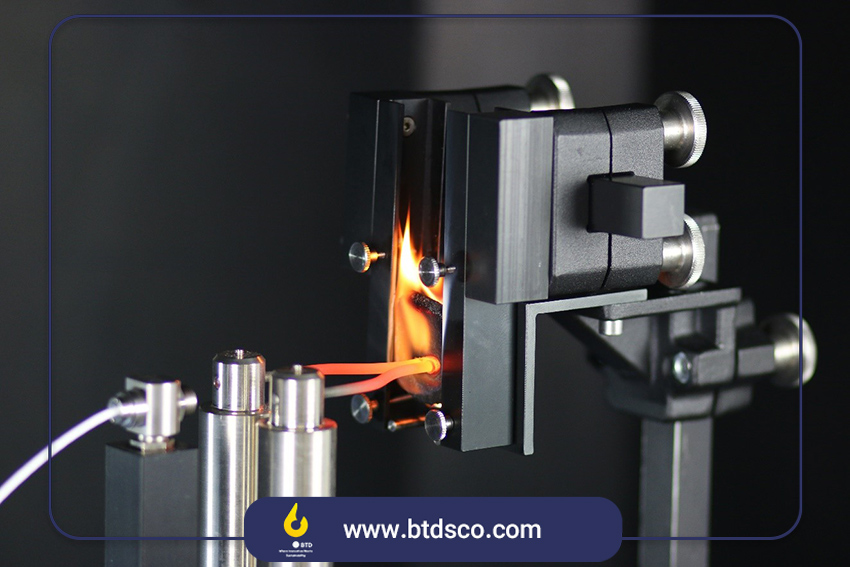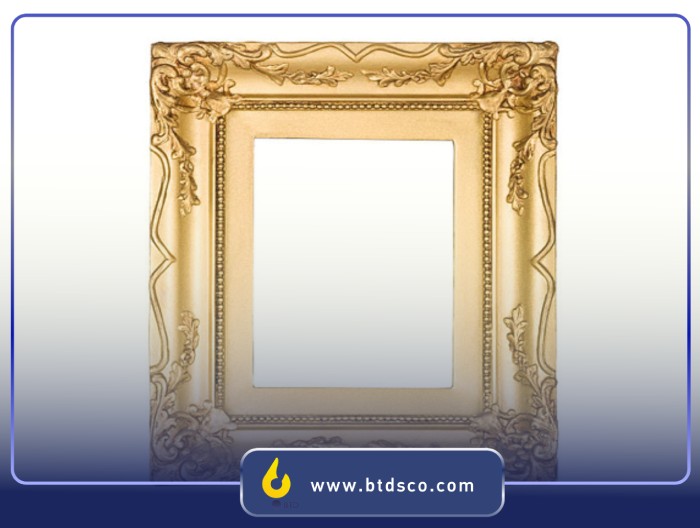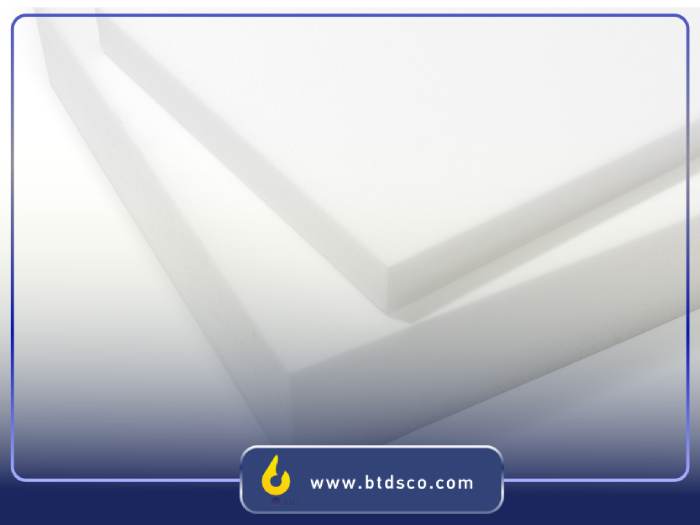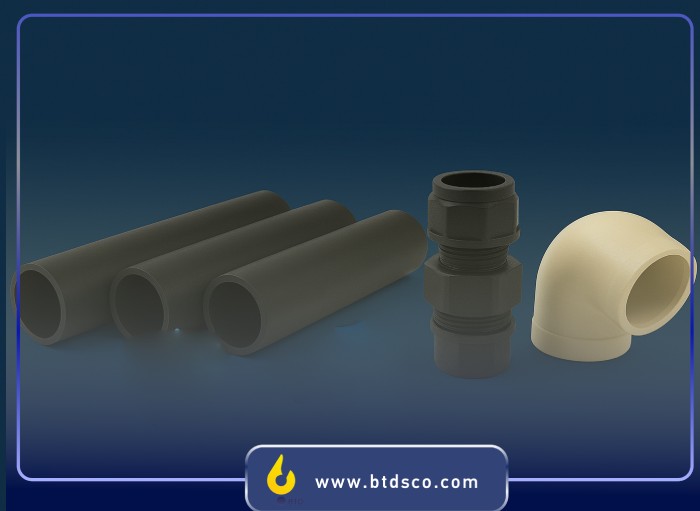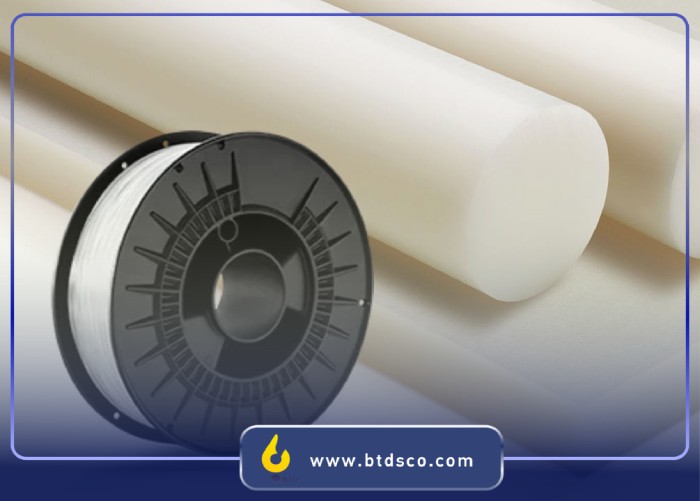Material Selection and Raw Materials
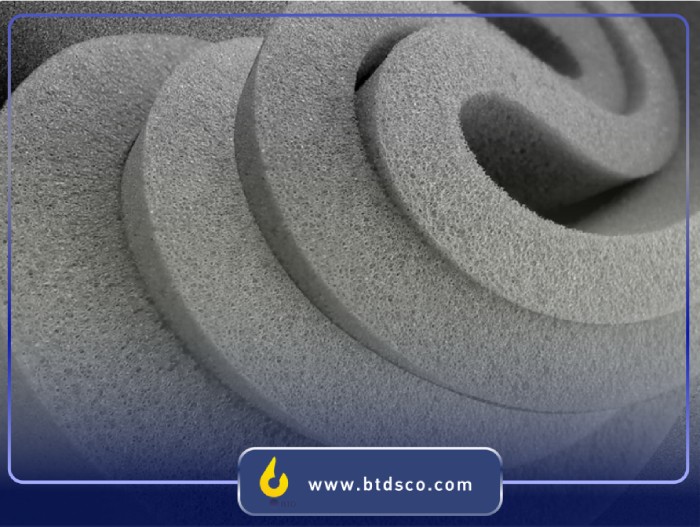
Material selection and raw materials are not limited solely to strength; factors such as durability, efficiency, safety, cost-effectiveness, and project execution speed also hold significant importance. In this regard, polymeric materials have managed to secure a special position and overcome many limitations of traditional materials like concrete or pure steel. One of the widely used compounds in this field is Polyester Polyol, which, due to its unique chemical and physical properties, plays a key role in the production of polyurethanes, foams, adhesives, and resistant coatings.
Polyester Polyol and Its Position in Polymers
Polyester Polyol is one type of polyol that is based on esters and can produce polyurethane when reacting with isocyanates. Polyurethanes, depending on the formulation used, can appear in the form of rigid foams for insulation, elastomers for resistant coatings, or specialized adhesives and sealants.
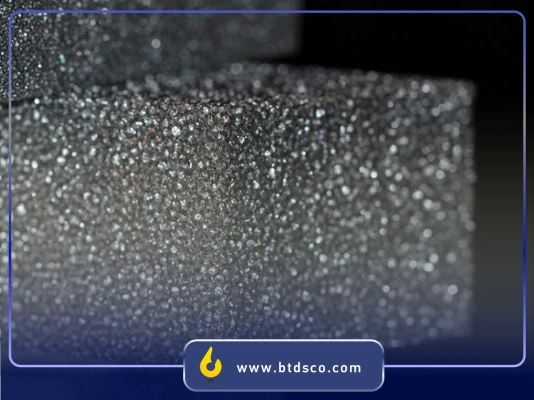
This material, compared to simple polyols, has superior features that make it a valuable choice in the construction industry:
- Greater thermal stability compared to ordinary polyols
- Higher resistance to oxidation and hydrolysis
- Better mechanical strength in heavy working conditions
For this reason, Polyester Polyol is widely used in projects where the durability and longevity of the structure are prioritized.
Key Advantages of Polyester Polyol in Construction
Polyester Polyol provides contractors and engineers with a set of physical and chemical properties that few materials can offer. In this section, we examine its most important advantages.
1. Durability and Mechanical Strength
One of the most important needs of any structure is resistance to mechanical loads and harsh conditions. Polyester Polyol, with its robust chemical structure, performs excellently against abrasion, impact, tension, and pressure.
- Use in industrial and commercial flooring that is subject to constant traffic from machinery or people.
- Resistance in walls and ceilings against potential impacts or pressure from heavy loads.
- Increasing the useful life of the structure and reducing the frequency of repairs or renovations.
2. Flexibility and Efficiency in Diverse Conditions
Many traditional building materials face issues in low temperatures or when installed on uneven surfaces. Polyester Polyol maintains its flexibility even at low temperatures, allowing contractors to apply it easily on complex shapes or irregular surfaces.
- Preventing cracking and detachment on specific surfaces.
- Capability for use in protective coatings for structures with complex geometries.
- Suitable for retrofitting or renovation projects that require adaptation to old structures.
3. High Thermal Resistance
One of the strengths of Polyester Polyol is its ability to withstand high temperatures. This material can endure conditions exceeding 100 degrees Celsius, making it suitable for industrial projects and tropical regions.
- Use in structures exposed to constant sunlight heat.
- Application in industrial spaces with hot machinery or furnaces.
- An economical replacement for materials like fire-resistant polyamide, with lower cost and similar performance.
4. Thermal and Acoustic Insulation
Insulation is one of the key issues in the building industry, and Polyester Polyol plays a notable role in this area. Rigid foams produced from this material have a closed-cell structure that prevents heat and sound transfer.
- Reducing energy consumption in heating and cooling systems by 30 to 50 percent.
- Preventing sound penetration in walls and ceilings, creating a quieter environment for occupants.
- Widespread use in pre-fabricated insulation panels that increase execution speed.
5. Chemical Resistance and Flame Safety
Construction projects in industrial environments are often in contact with various chemicals. Polyester Polyol has high resistance to many acids, bases, and solvents, which increases the structure's lifespan in such conditions. Additionally, some aromatic types of this material have excellent flame resistance.
- Use in environments with high risk of contact with chemicals.
- Increasing the structure's safety level against potential fires.
- Performance similar to polymers like flame-retardant polypropylene but at a lower cost.
6. Economic Savings
One of the main reasons for the popularity of Polyester Polyol is cost savings. This material reduces overall project costs both in production and execution stages.
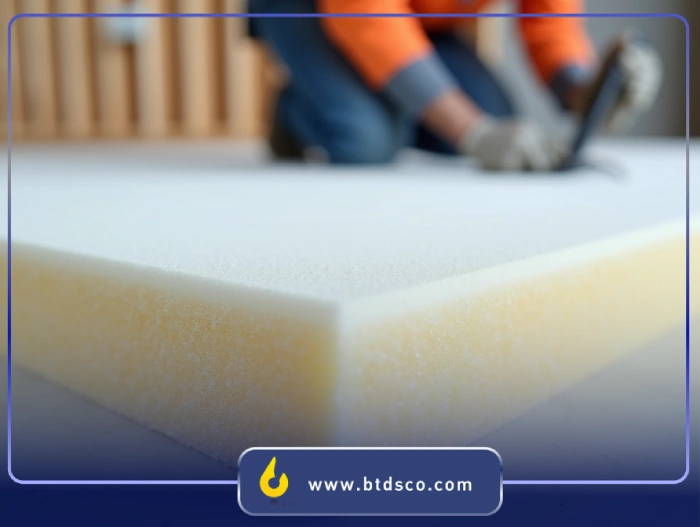
- Lightweight, making transportation easier and less expensive.
- Simple installation that increases project execution speed.
- Reduced need for repairs, resulting in long-term maintenance cost savings.
Practical Applications in Construction
Due to its diverse features, Polyester Polyol has various applications in different parts of construction. In this section, we examine its most important uses.
Thermal Insulation Panels: Used in walls and ceilings to stabilize internal temperature and reduce energy consumption.
Protective Coatings: Preventing corrosion of metals and concrete in humid conditions or corrosive environments.
Adhesives and Sealants: Increasing adhesion and waterproofing of concrete structures against water penetration.
Industrial and Commercial Flooring: Resistance to abrasion and impact in high-traffic environments like warehouses and factories.
Acoustic Insulations: Reducing noise and providing greater comfort in residential or commercial spaces.
Challenges and Potential Limitations
Despite all the mentioned advantages, Polyester Polyol is not without challenges, and to use it optimally, attention must be paid to the following limitations:
- Sensitivity to moisture in the production process, which, if not controlled, can reduce product quality.
- Need for precise formulation to achieve desired mechanical and thermal properties.
- Performance limitations at very high temperatures or in conditions of prolonged contact with very strong chemicals.
Conclusion
Polyester Polyol, as one of the key materials in the construction industry, offers a balanced combination of mechanical durability, flexibility, thermal resistance, effective insulation, chemical resistance, flame safety, and economic savings. These features make it a strategic option for various residential, commercial, and industrial projects.
Compared to similar materials, Polyester Polyol has achieved a valuable balance between high technical performance and lower economic costs. Although in some specific conditions it requires more precision in production and formulation, its numerous advantages have given it a special place in civil and infrastructure projects.
In summary, choosing Polyester Polyol in the building industry means enhancing structure quality, increasing lifespan, reducing execution costs, and achieving higher efficiency; a topic that turns it into one of the promising materials in the field of construction.
Frequently Asked Questions
What is Polyester Polyol?
A type of ester-based polyol that creates polyurethane when combined with isocyanates
What are its advantages over simple polyol?
It has greater thermal stability, better resistance to oxidation and hydrolysis, and higher mechanical durability
Is Polyester Polyol fire-resistant?
Some aromatic types have good flame resistance and can enhance structure safety
What is the difference between it and spray polyurethane?
Recent Articles
